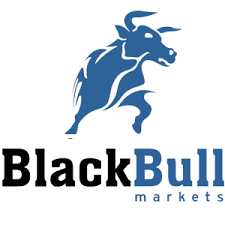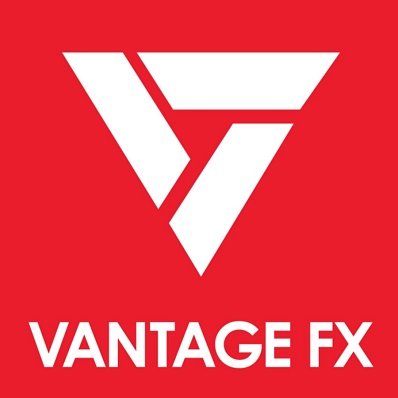The Forex market is not a well regulated market. Trading does not occur on a regulated, transparent exchange, where everyone has access to the same prices.
Unlike equities markets, where trading occurs on exchanges such as the London Stock Exchange, or the New York Stock Exchange, all foreign exchange transactions take place over the counter (also known as OTC) between willing buyers and sellers.
List of the Best Forex trading platforms

Blackbull Markets
As a result, the price of a particular currency pair at which different brokers may offer its customers may differ significantly.
An increasing percentage of the trade is being carried out by retail Forex traders, who are able to open accounts with as little as £50.
As a result, there have sprung up in recent years a host of Forex brokers aimed to tap into the ever growing army of traders trying to make money on this market.
Regulation of Forex brokers in the UK is undertaken by the Financial Services Authority (FSA), however as part of the European Union any regulatory body from an EU country would suffice.
A unique feature of the regulation of UK-based Forex brokers is that all Forex accounts opened by a UK broker are required to be segregated. This means, in practice, that in the case of a broker’s bankruptcy, the trader’s funds would be secure.
You can find out which Forex brokers are regulated by EU approved bodies by reading my Forex Broker Reviews.
Forex Regulations Around the World
Most of what passes as regulations in Switzerland is meant to ensure that the appropriate anti money laundering regulations are enforced, and such regulations are not designed with investor protection in mind.
The Swiss Federal Banking Commission has announced that it would intervene and bring all retail Forex brokers within the confines of the banking law.
This imposes a similar framework of regulation for retail Forex brokers as that currently used by the National Futures Authority in the US.
However, that system is yet to take shape.
In the US, retail Forex brokers are regulated by both the Commodity Futures Trading Commission (CFTC) and the National Futures Authority (NFA). Firms are therefore required to register as a Futures Commission Merchant (FCM) with the CFTC and to register as a member of the NFA as a Forex Dealer Member (FDM).
The CFTC is given power pursuant to the Commodity Exchange Act (CEA) to require registration of firms participating in the sale of Forex futures to retail customers, and to shut down any unregulated entity which is engaging in Forex activities with retail customers.
In addition, the CFTC also has the authority to take action against registered FCMs for violating certain anti-fraud and anti-manipulation provisions of the CEA in connection with forex transactions with retail customers. However, the CFTC has no power to adopt specific rules to regulate forex transactions with retail customers.
The NFA has specific rules to protect customers in the off exchange retail forex market.
FCMs/FDMs are required to meet strict financial standards, including a minimum net capital requirement based on the value of open customer positions, and are required to submit financial reports to regulators on a regular business.




